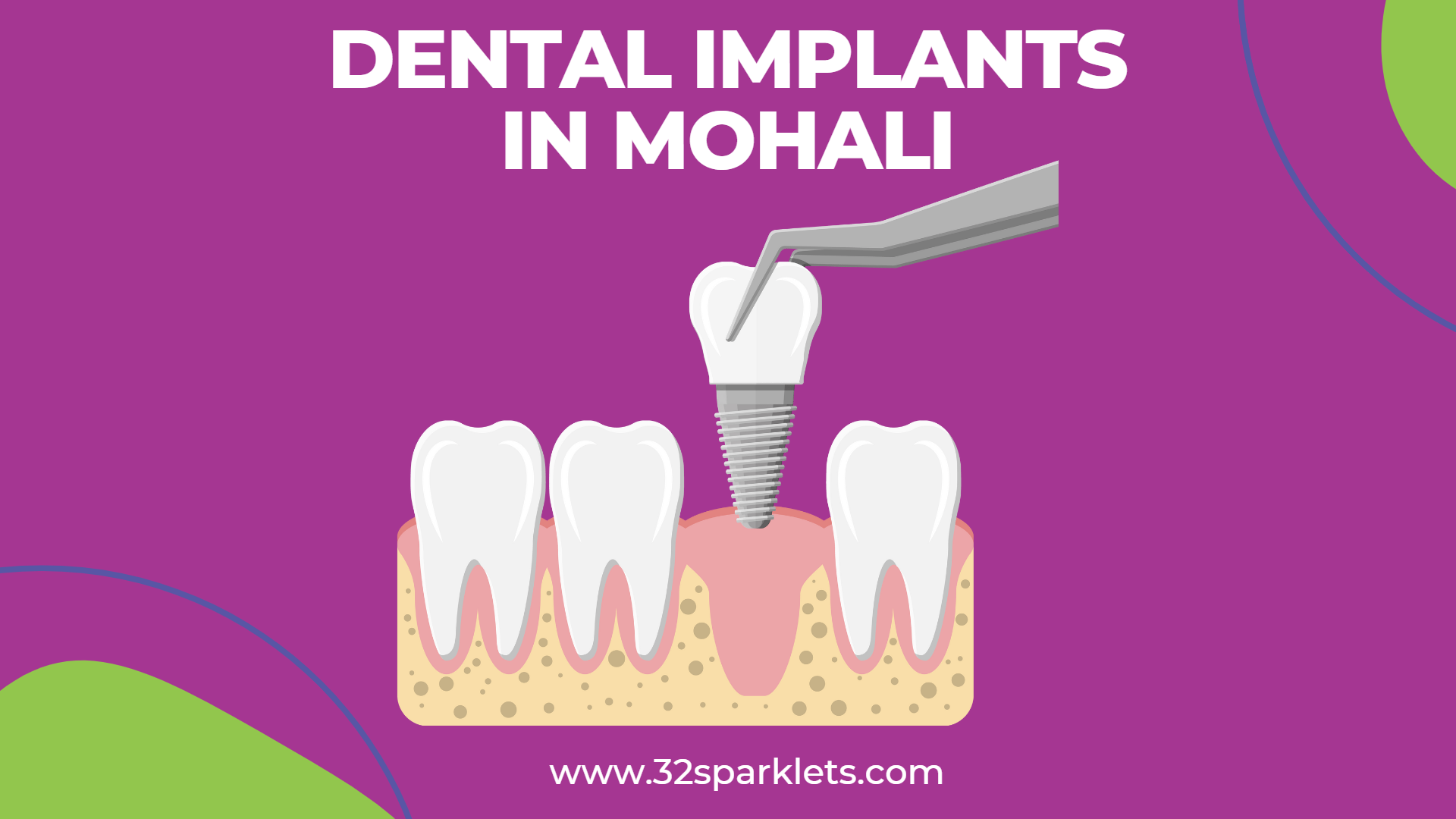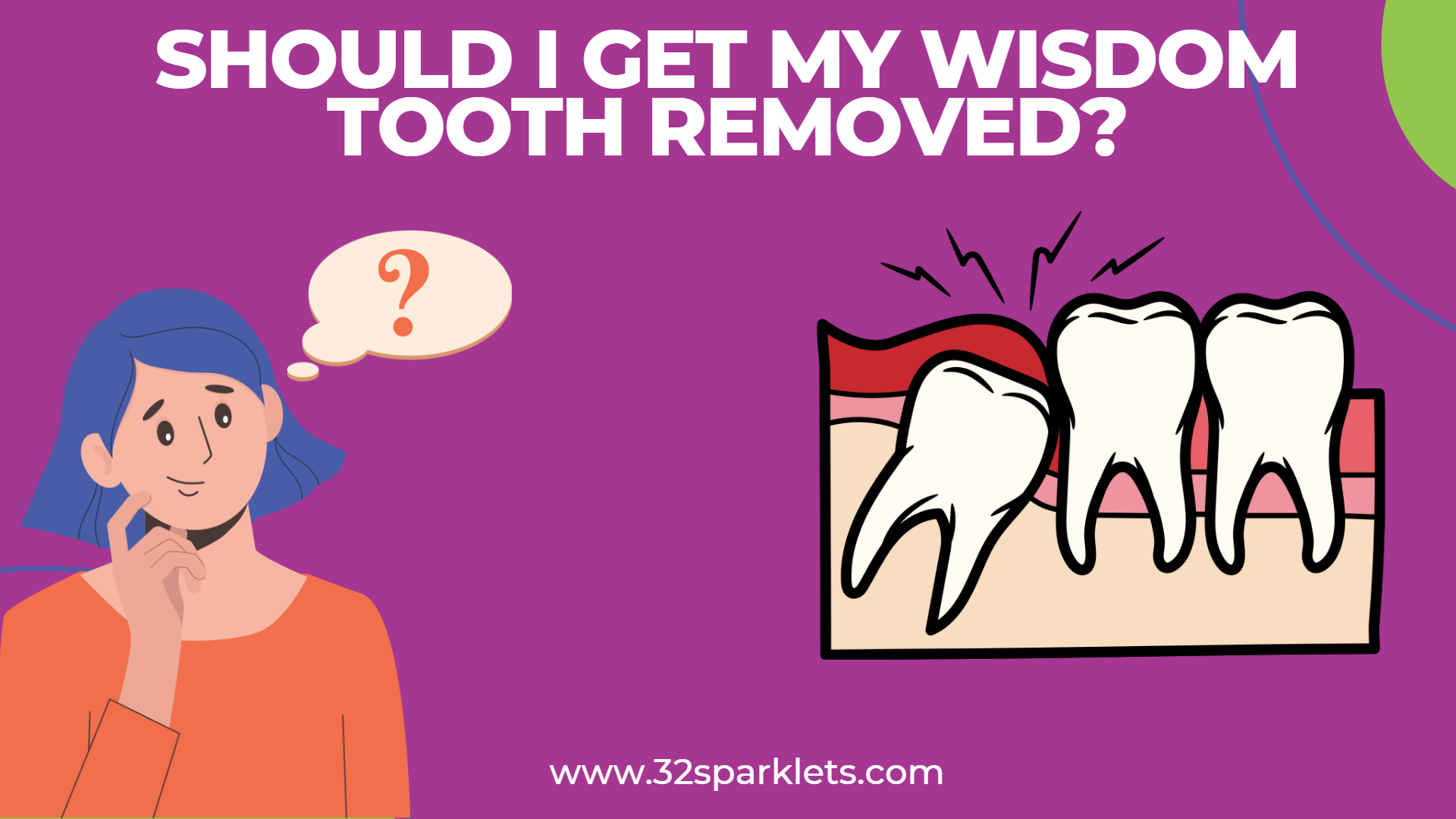1. Introduction:
Root canal treatment (RCT) is a dental procedure designed to save a tooth that has suffered damage or infection in its pulp, the innermost part of the tooth containing nerves and blood vessels. While RCT effectively removes the infected tissue, it leaves the tooth structurally compromised. To restore strength, function, and aesthetics, a dental crown, also known as a cap, is often recommended. Let’s delve into why dental crowns are crucial after undergoing root canal treatment.
2. Why Dental Crown or Cap is needed after RCT?
A. Preservation of Tooth Structure:
After RCT, the tooth may become more brittle and prone to fracture. Placing a dental crown over the treated tooth helps to reinforce and protect it. The crown acts as a protective shell, preventing further damage and ensuring the tooth remains functional for everyday activities like chewing.
B. Restoration of Tooth Functionality:
Root canal treatment removes the pulp, nerves, and blood vessels, essentially hollowing out the tooth. While this eliminates pain and infection, it can weaken the tooth. A dental crown provides the necessary reinforcement, restoring the tooth’s functionality and allowing for normal biting and chewing.
C. Prevention of Microbial Ingress:
Dental crowns create a sealed barrier over the treated tooth, preventing bacteria from infiltrating the canal and causing reinfection. This is especially crucial as a crowned tooth can resist bacterial penetration more effectively, enhancing the long-term success of the root canal therapy.
D. Aesthetic Enhancement:
RCT might leave a tooth discolored or slightly altered in appearance. Dental crowns are designed to match the color, shape, and size of natural teeth, providing a seamless and aesthetically pleasing result. This not only enhances the patient’s smile but also ensures a natural-looking and cohesive dental structure.
E. Long-Term Durability:
Dental crowns, commonly made from materials like porcelain or ceramic, offer durability and resilience. They can withstand the forces of regular biting and chewing, providing long-term protection to the treated tooth. This durability contributes to the overall success and longevity of the root canal treatment.
3. What Will happen if i do not get a Dental crown or Cap?
If you choose not to get a dental crown after undergoing a root canal treatment, several potential issues may arise due to the structural changes in the treated tooth. Here are some consequences of not getting a dental crown after a root canal:
- Tooth Fracture: A tooth that has undergone root canal treatment may become more brittle and prone to fracture over time. The absence of a dental crown leaves the tooth vulnerable to the forces exerted during biting and chewing, increasing the risk of fractures.
- Bacterial Reinfection: Without a protective covering, the treated tooth is susceptible to bacterial infiltration. The lack of a dental crown increases the likelihood of reinfection, leading to potential complications and the need for additional dental interventions.
- Weakened Tooth Structure: Root canal treatment involves removing the pulp and nerves, significantly hollowing out the tooth. Without a dental crown, the structural integrity of the tooth remains compromised. This can affect its overall strength and functionality.
- Aesthetic Concerns: The appearance of a tooth that has undergone root canal treatment may be altered, with potential discoloration or changes in shape. A dental crown not only restores the tooth’s strength but also enhances its appearance, ensuring a natural and aesthetically pleasing result.
- Risk of Tooth Loss: The cumulative effects of increased susceptibility to fractures and potential reinfection can lead to irreversible damage, necessitating the extraction of the tooth. Tooth loss can have significant consequences for oral health, including changes in bite alignment and potential issues with neighboring teeth.
- Discomfort and Sensitivity: The absence of a dental crown may result in increased sensitivity to hot or cold temperatures. Additionally, the exposed tooth structure may lead to discomfort, especially when biting down on hard or crunchy foods.
4. Conclusion:
In summary, the placement of a dental crown following root canal treatment is a critical step in ensuring the tooth’s longevity, functionality, and aesthetics. By preserving the tooth’s structure, restoring its functionality, preventing microbial ingress, enhancing appearance, and providing long-term durability, dental crowns play a pivotal role in the success of root canal therapy.
Patients should follow their dentist’s recommendations regarding the placement of dental crowns to maximize the benefits of root canal treatment and maintain optimal oral health.
Related Articles:
- All you need to know about Root Canal Treatment.
- All you need to know about Dental Crowns & Bridges.
When should i get a crown after root canal treatment?
You should get the Dental crown or cap after the initial discomfort goes away after the root canal treatment. Patients should not wait too long because of the risk of breaking the tooth the longer it goes without a dental crown.
Which Dental crown should i get after root canal treatment?
There are many types of Dental crowns available. You should consult our dentist at 32 Sparklets for the type of crown you might require after root canal treatment. Normally we suggest Zirconia or Metal free crown for front teeth.
What are the charges for Dental Crown?
The charges of dental crown varies from crown to crown. These start from 3000 per crown in our clinic and goes up till 15000 per crown. You can choose according to you convenient if our doctor has not specified any crown for you.




